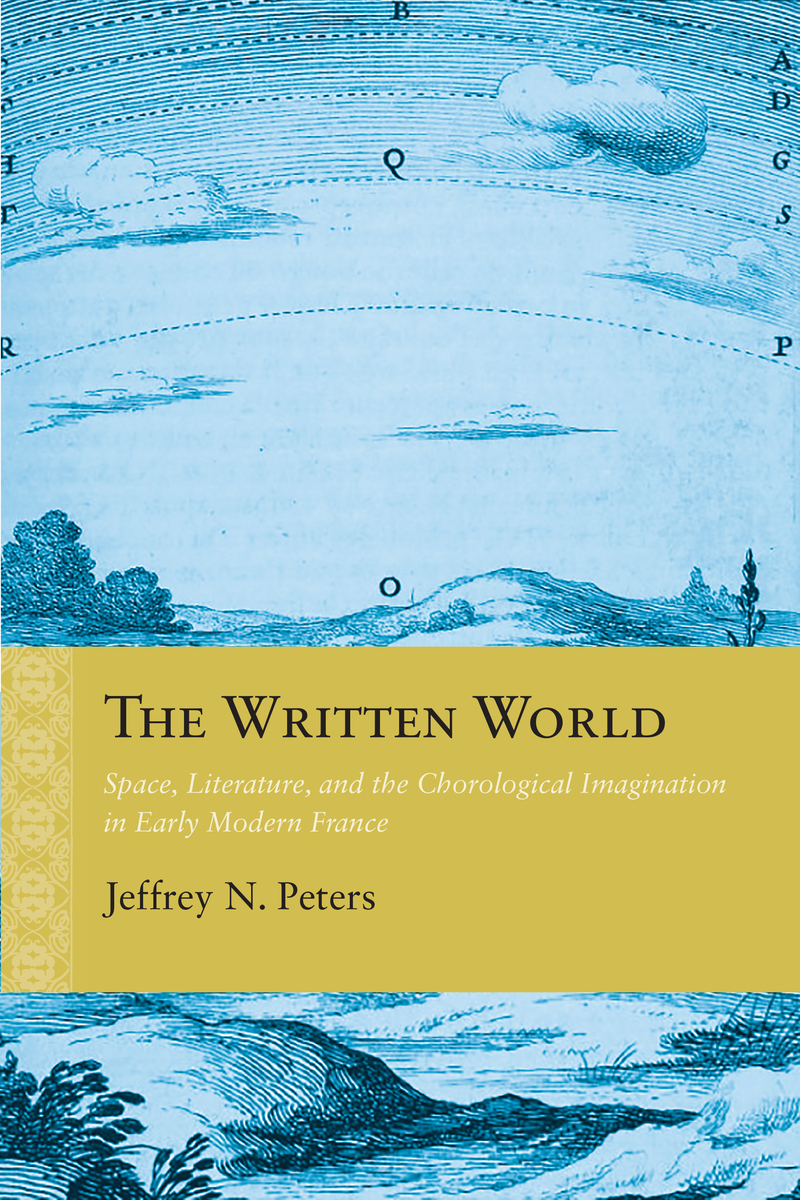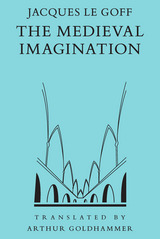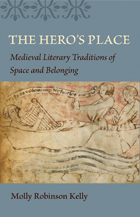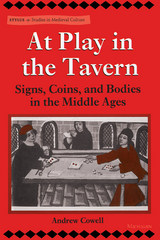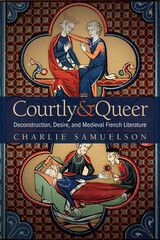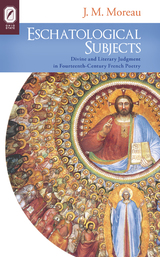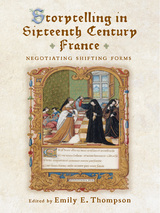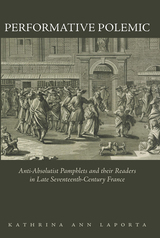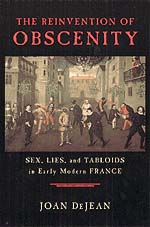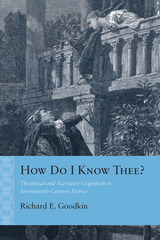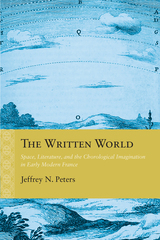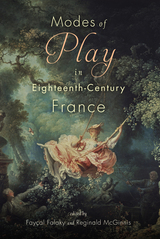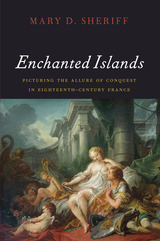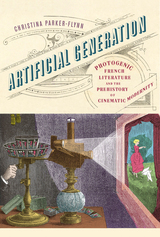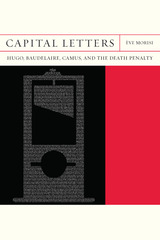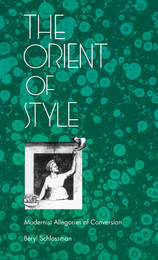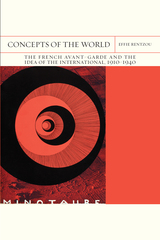The Written World: Space, Literature, and the Chorological Imagination in Early Modern France
Northwestern University Press, 2018
Cloth: 978-0-8101-3698-4 | Paper: 978-0-8101-3697-7 | eISBN: 978-0-8101-3699-1
Library of Congress Classification PQ245.P387 2017
Dewey Decimal Classification 840.9004
Cloth: 978-0-8101-3698-4 | Paper: 978-0-8101-3697-7 | eISBN: 978-0-8101-3699-1
Library of Congress Classification PQ245.P387 2017
Dewey Decimal Classification 840.9004
ABOUT THIS BOOK | AUTHOR BIOGRAPHY | REVIEWS | TOC | REQUEST ACCESSIBLE FILE
ABOUT THIS BOOK
In The Written World: Space, Literature, and the Chorological Imagination in Early Modern France, Jeffrey N. Peters argues that geographic space may be understood as a foundational, originating principle of literary creation. By way of an innovative reading of chora, a concept developed by Plato in the Timaeus and often construed by philosophical tradition as “space,” Peters shows that canonical literary works of the French seventeenth century are guided by what he calls a “chorological” approach to artistic invention. The chorological imagination describes the poetic as a cosmological event that gives location to—or, more accurately, in Plato’s terms, receives—the world as an object of thought.
In analyses of well-known authors such as Corneille, Molière, Racine, and Madame de Lafayette, Peters demonstrates that the apparent absence of physical space in seventeenth-century literary depiction indicates a subtle engagement with, rather than a rejection of, evolving principles of cosmological understanding. Space is not absent in these works so much as transformed in keeping with contemporaneous developments in early modern natural philosophy. The Written World will appeal to philosophers of literature and literary theorists as well as scholars of early modern Europe and historians of science and geography
In analyses of well-known authors such as Corneille, Molière, Racine, and Madame de Lafayette, Peters demonstrates that the apparent absence of physical space in seventeenth-century literary depiction indicates a subtle engagement with, rather than a rejection of, evolving principles of cosmological understanding. Space is not absent in these works so much as transformed in keeping with contemporaneous developments in early modern natural philosophy. The Written World will appeal to philosophers of literature and literary theorists as well as scholars of early modern Europe and historians of science and geography
See other books on: Early Modern France | French literature | Imagination in literature | Space | Space and time in literature
See other titles from Northwestern University Press
